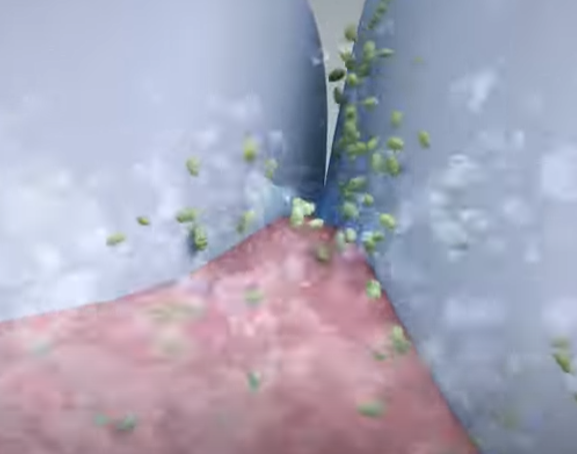Saliva, the clear and watery fluid produced by the salivary glands in our mouths, is indeed vital for maintaining good oral health. It performs several important functions that contribute to the overall well-being of our mouths. These functions include:
- Breaking down food: Saliva contains an enzyme called amylase that aids in the digestion of carbohydrates and fats. Amylase helps break down starches into smaller molecules, allowing for better absorption and utilization by the body. This initial digestion process starts in the mouth and continues as food moves through the digestive system.
- Preventing tooth decay: Saliva helps wash away food particles and bacteria from the surfaces of our teeth and gums. This cleansing action helps reduce the risk of tooth decay and gum infections. Additionally, saliva plays a role in neutralizing the acids produced by bacteria, which can erode tooth enamel and lead to cavities.
- Lubricating the mouth: Saliva production keeps the mouth moist and well-lubricated, facilitating speech, swallowing, and the process of chewing food. When the mouth becomes dry due to reduced saliva production (a condition known as dry mouth or xerostomia), it can lead to difficulties in speaking, eating, and an increased risk of developing oral sores and infections.
- Fighting bacteria: Saliva contains antibodies and antimicrobial substances that help combat harmful bacteria and viruses in the mouth. These substances help control the growth of bacteria, which can contribute to issues such as bad breath and other oral health problems.
In conclusion, saliva plays a critical role in maintaining oral health by aiding in digestion, preventing tooth decay, lubricating the mouth, and fighting harmful bacteria. It is important to take care of our salivary glands by staying properly hydrated, maintaining a balanced diet, and practicing good dental hygiene to ensure optimal oral health and overall well-being.

